Japanese, ROK public submit petitions as Kishida visits crippled nuclear plant
People in Japan and the Republic of Korea continue to express strong opposition to the Japanese government's plan to discharge nuclear-contaminated water from the Fukushima Daiichi Nuclear Power Plant into the ocean through new rallies and petitions to governments and the United Nations.
Hundreds of Japanese held a rally on Friday against the plan in front of the prime minister's official residence in Tokyo.
After the protest, they attended a meeting discussing problems related to the ocean discharge and handed a petition to representatives of the Japanese government and the Tokyo Electric Power Company.
"We strongly request the government to halt the unilateral ocean discharge without the understanding and agreement of concerned parties, and to explore alternative options," the petition said. "We demand a sincere response by Aug 31."
It said the government should not disregard the opinions of agricultural, forestry and fishery cooperatives, consumer cooperatives, and municipal assemblies in Fukushima Prefecture, as well as the opposition from neighboring prefectures and international voices.
Amid opposition from inside and outside the country, Japanese Prime Minister Fumio Kishida visited the Fukushima plant on Sunday to inspect the progress of the plan to release nuclear-contaminated water into the ocean.
Kishida intended to determine the specific timing of the release following the inspection and his meeting with fishing industry representatives later.
Kazuyoshi Sato, co-director of KOREUMI, a Japanese citizens' conference to condemn further pollution of the ocean, urged the Japanese government to abide by the promise that no disposal would be carried out without the understanding of the parties involved.
"Bearing the suffering from the Great East Japan Earthquake (in 2011), we have come this far over 12 years," he said at the rally on Friday. "Coastal fisheries have only recently recovered to about 20 percent of their normal catch. If the toxic water is released here, our livelihoods cannot continue. We absolutely cannot allow it to be released."
Kuni Nagatomo, a resident of Shimoda, Shizuoka Prefecture, said: "Radioactive substances do not decay over decades. Saying that it's OK because there's a small amount of radioactive substances or radiation in the nuclear-contaminated water is diluted is something I cannot accept."
Harm will occur in the future, she said, though the Japanese government and related agencies refer to the potential damage to human and environmental health as "baseless rumors".
Hiroshi Asano, a 70-year-old Tokyo resident, said: "The Japanese government is trying to release the water that already contains a lot of radioactive substances by just letting it flow into the ocean. I believe this is not an issue just for Japan, but something that will affect everyone around the world."
He urged the government to quickly develop technologies that can truly process nuclear-contaminated water and store it within Japan until then.
In the meantime, ROK opposition parties and civic organizations campaigned against Japan's decision to release nuclear-contaminated water into the sea, announcing their plan to submit a petition to the United Nations Human Rights Council.
The Democratic Party of Korea, the Justice Party, the Basic Income Party and the Progressive Party, along with civic organizations and religious groups, said at a news conference on Thursday that the nuclear-contaminated water from the crippled Fukushima plant will affect the sea beyond its borders.
Broader consultation
Therefore, it cannot be solely Japan's own decision, and the plan requires more sophisticated scientific analysis and broader consultation.
The petition calls for a UNHRC special rapporteur on environment, health and food to investigate human rights violations caused by the planned ocean discharge.
While protests continued, some ROK groups have started to question the ROK government's capabilities in protecting its people.
Lawyers for a Democratic Society, a human rights-focused nongovernmental organization known as Minbyun, said on Wednesday it filed a petition with the ROK's Constitutional Court, accusing President Yoon Suk-yeol and other officials of violating people's basic rights.
Minbyun said this is because the officials failed to fulfill their constitutional obligations such as using diplomatic measures to prevent Japan from releasing nuclear-contaminated water, conducting an independent assessment and radioactivity inspection, and providing its people with proper information and the opportunity to take part in the decision-making process.
The petition was signed by about 40,000 people, including fishers and related businesses.












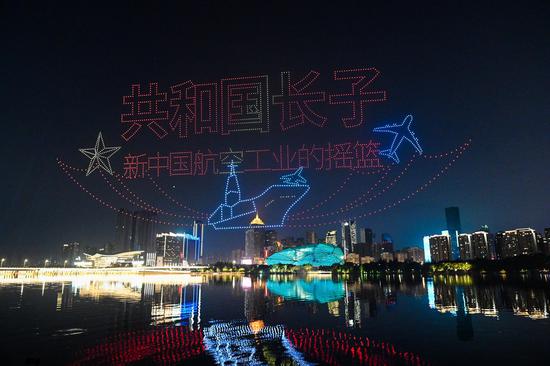
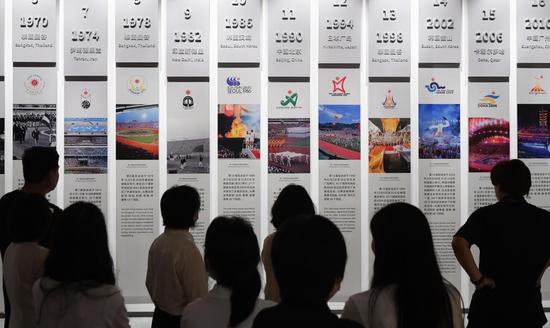


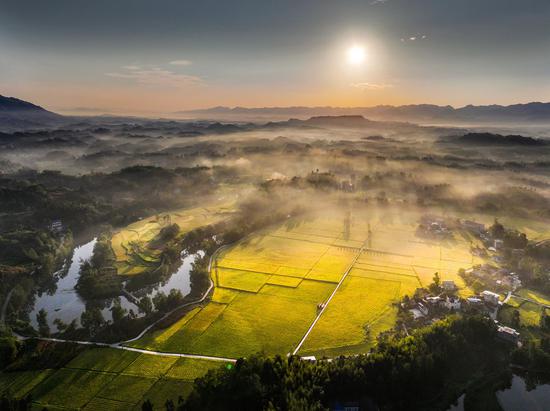
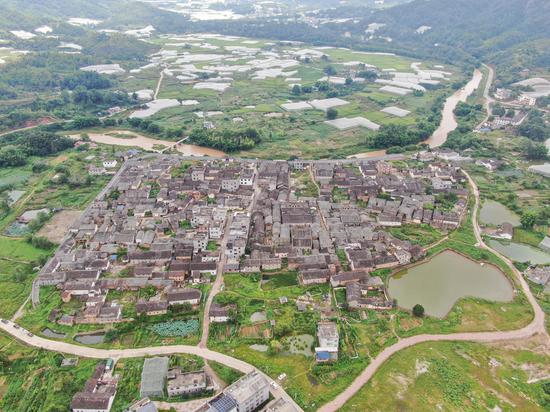
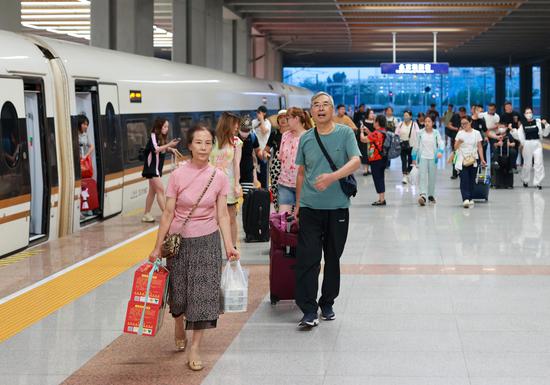


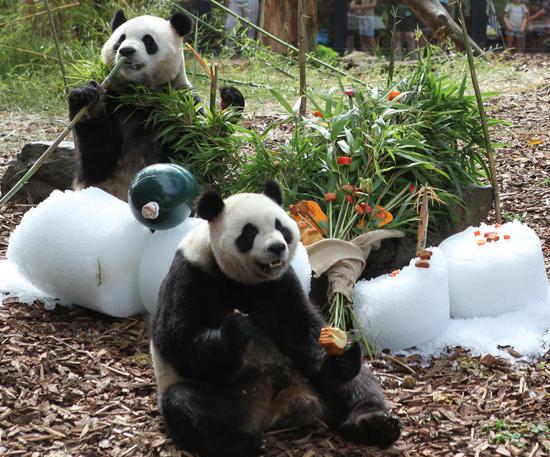
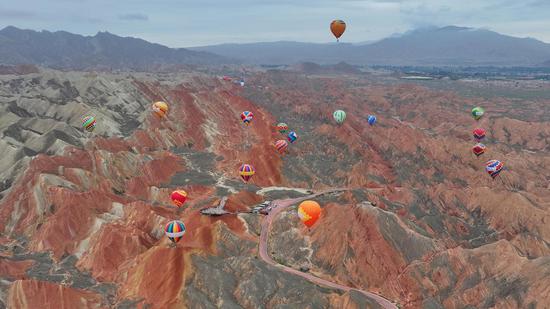
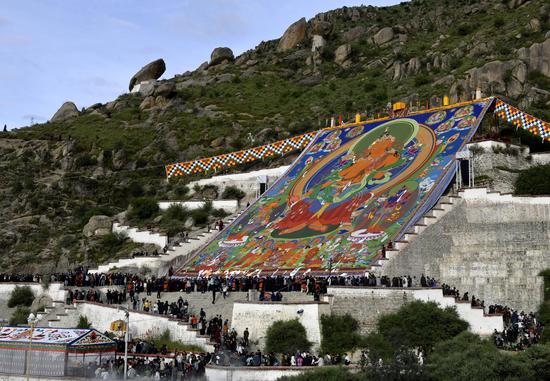
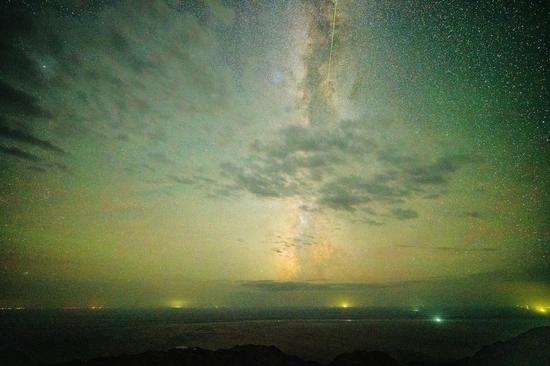
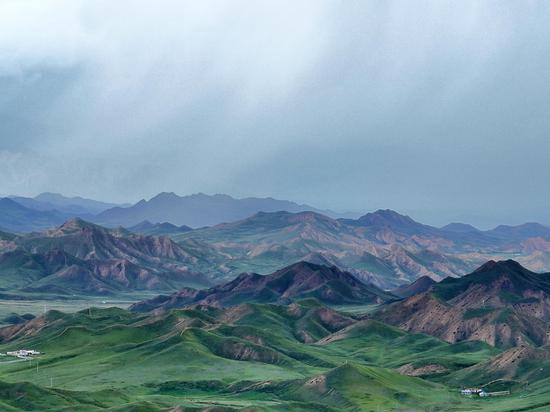
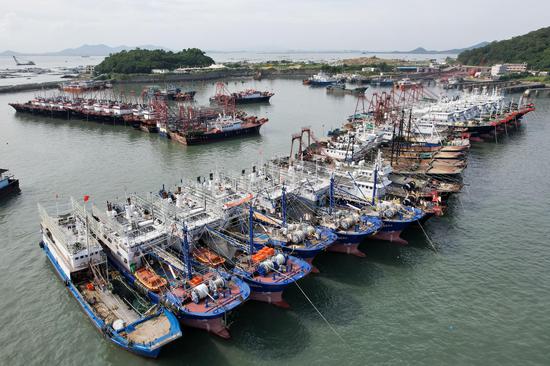

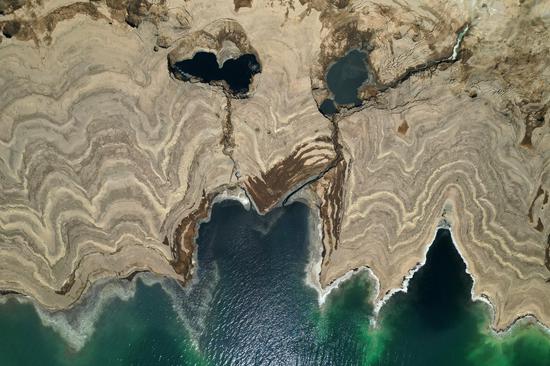

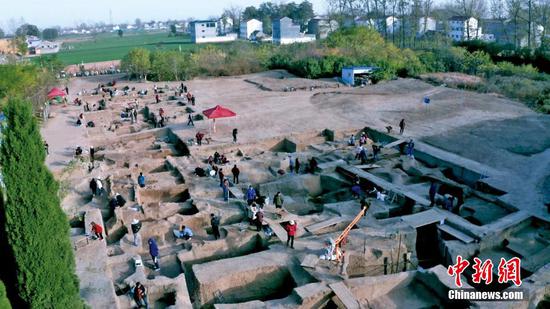
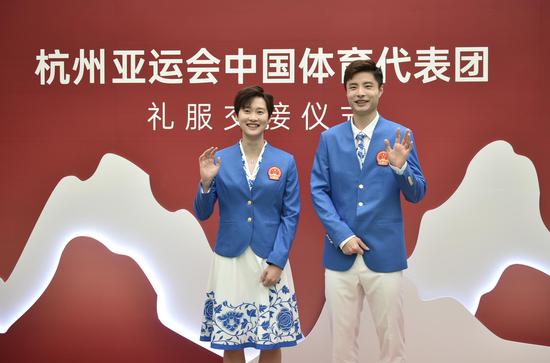
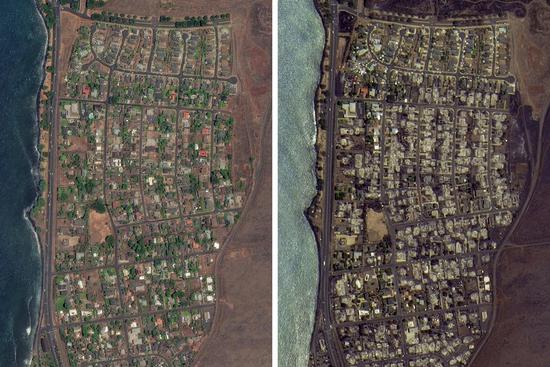
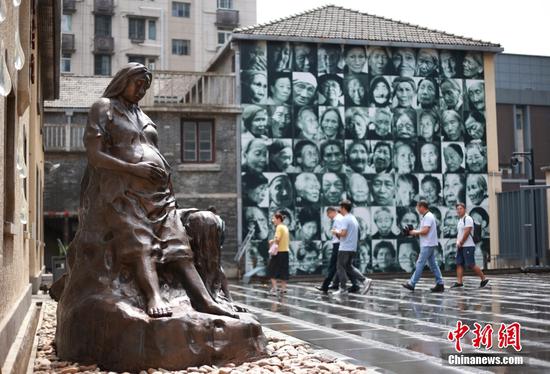

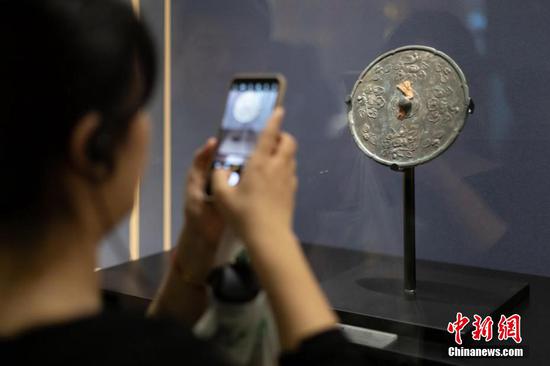
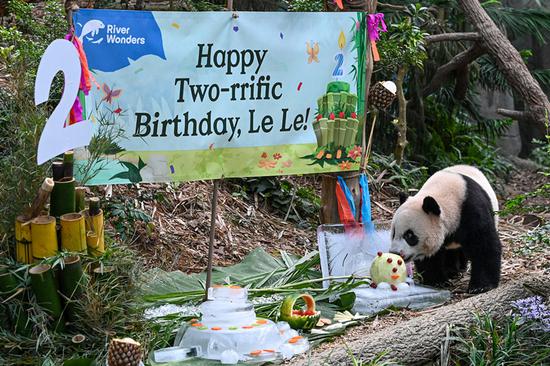
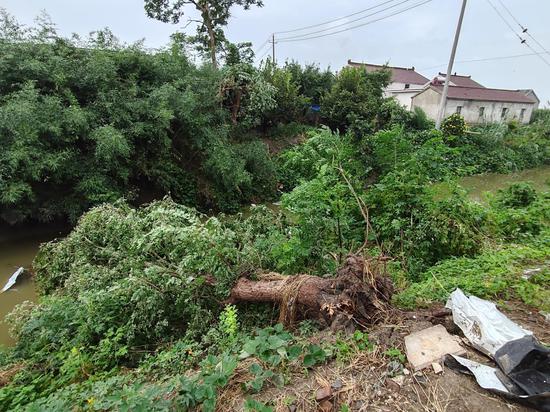
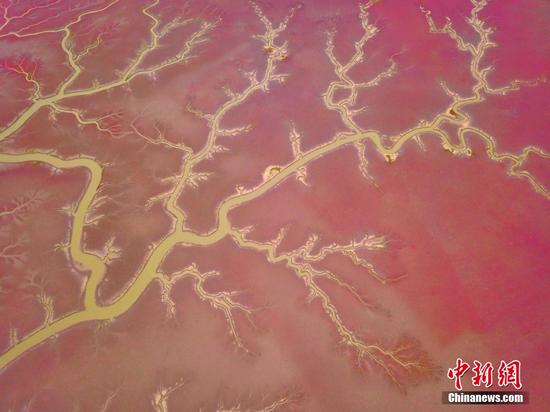
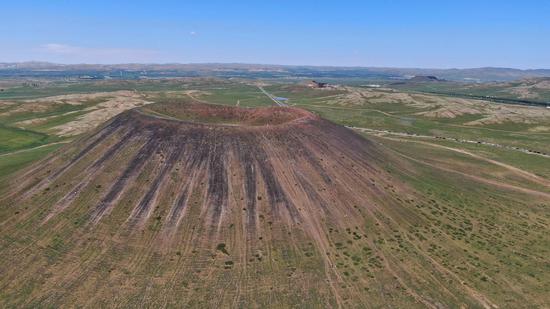
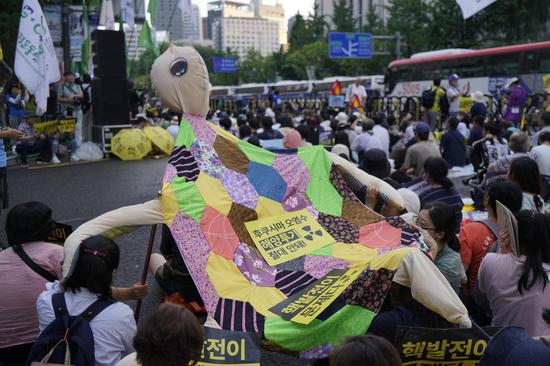
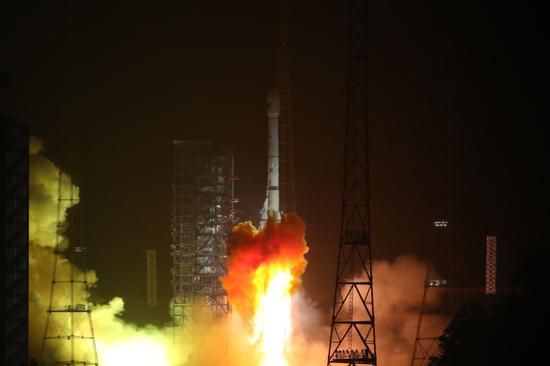

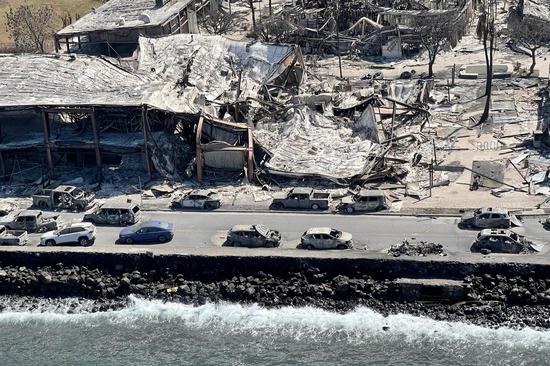
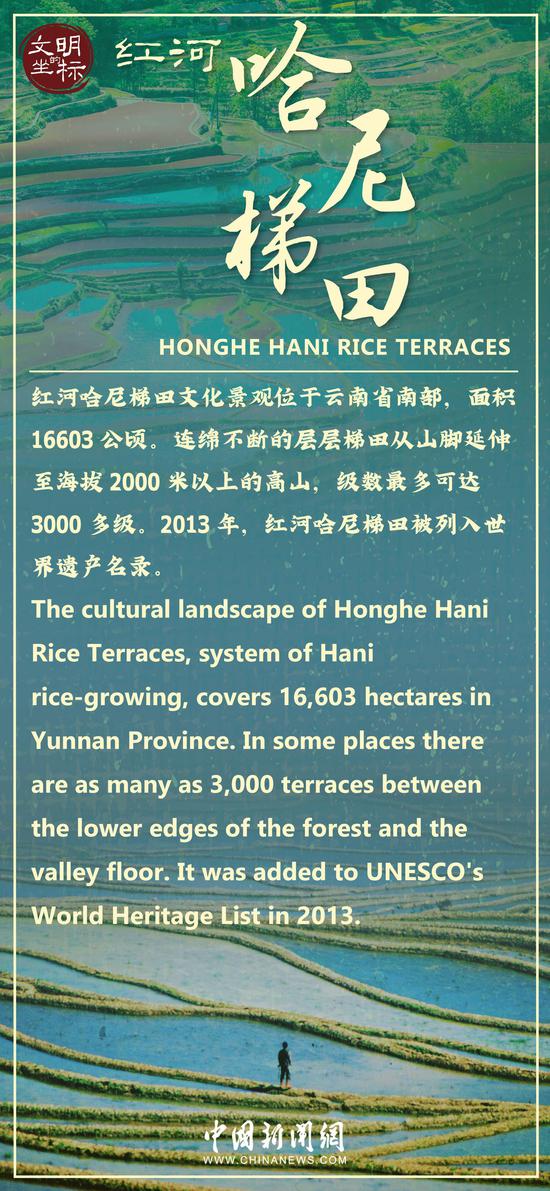





 京公網安備 11010202009201號
京公網安備 11010202009201號